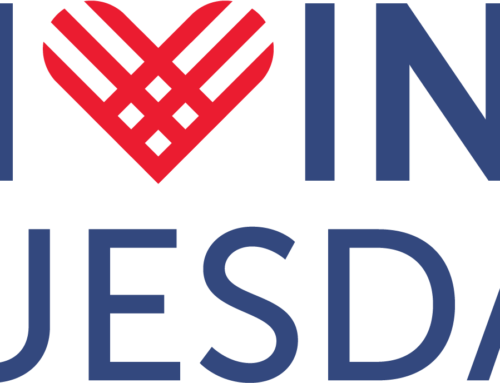Oct. 15 starts the Medicare open enrollment period. This is the time of year when those on Medicare should evaluate their coverage to determine if they should make any changes to their coverage. One question that often comes up, should I enroll in Medicare Part D?
Medicare Part D (Prescription Drug Coverage) — covers prescription drug costs as well as some vaccines and shots. Depending on the plan you choose, there might be a premium for part D coverage.
If you do not sign up for Medicare Part D when you initially become eligible, you’ll likely pay a late enrollment penalty if you join a plan later. Generally, you’ll pay this penalty for as long as you have Medicare drug coverage. To get Medicare drug coverage, you must join a Medicare-approved plan that offers drug coverage. Each plan can vary in cost and specific drugs covered.
Check with your local pharmacist to determine which plans cover the prescriptions you currently have or that you may need. It is hard to determine what prescription drugs you may end up needing; it is advisable to enroll in Part D, even if you do not currently take any prescriptions.
Here is a story that is told often: “My father was very healthy, rarely ever had a cold or even the sniffles. When he became eligible for Medicare, he did not elect coverage for Medicare Part D. A few years later, he developed a rare autoimmune disease that affected his lungs. Since he did not have a prescription drug plan, he could not afford the inhalers and other prescription drugs that were prescribed. He had to wait months until the open enrollment period to sign up for Medicare Part D, and then he had to pay more for the coverage.”
The truth is we never know what is in store for us or our heath as we age. With only a short window of time each year to make changes to your Medicare coverage, it is advisable to take the time each year to make sure the coverage you have fits your needs and understand the costs associated with the different programs.
There are four essential parts of Medicare. Each part differs in what services it helps to pay for, and they each include varying costs that you might need to pay.
• Medicare Part A (Hospital Insurance) — helps to cover your inpatient hospital stays, hospice care, nursing facility care and part of your home health care. In general, most people don’t need to pay a premium for Part A; however, they may need to pay a deductible for some services, like hospital stays. This deductible amount can change from year to year.
• Medicare Part B (Medical Insurance) — covers some doctors’ services, medical supplies, outpatient care and preventative services. You can opt into Part B; most people will pay a monthly premium to receive this type of coverage. Your premium can vary from year to year and is based on your income.
Medicare Part D (Prescription Drug Coverage) — covers prescription drug costs as well as some vaccines and shots. Depending on the plan you choose, there might be a premium for part D coverage.
For Original Medicare, you typically will pay a deductible for your health care coverage before Medicare pays its share. You’ll also pay a copayment for medical supplies and services. Medicare Advantage (Medicare Part C) plans are offered by private companies that are approved by Medicare.
Also known as Medigap plans, Medicare Supplement plans offer extra insurance you can purchase from a private company that can help pay a share of your costs for approved services in your Original Medicare plan. To learn more about these plans, you can contact a local health insurance agent and inquire about the plans they offer.
All this can seem quite confusing but there really is lots of help available. Enrolling in Medicare or making changes to your existing Medicare plan may be completed online at medicare.gov. Click on Signup/Make Changes link. There are many resources on this site to help answer frequently asked questions about general Medicare enrollment, Part D (drug coverage), the various costs of Medicare, general Medicare plan updates and much more.
The Hub on Smith has some resources that can assist during open enrollment. You can call 307-672-2240 to make an appointment. The Hub is currently looking for volunteers to be trained in Medicare Open Enrollment to assist people who do not have access to a computer or who have questions about navigating the website.
The 2021 Medicare and You Book is available by calling the Wyoming State Health Insurance Program at Wyoming Senior Citizens, Inc. Trained counselors are available statewide to review Medigap supplement options by calling 1-800-4398 (Riverton); 1-877-634-1005 (Cheyenne); 1-877-634-1006 (Casper). You can also check out medicaremadeclear.com to review differ coverage options available.
This is likely not the last you will hear about Medicare Open Enrollment. It is an important time to evaluate current Medicare plans and costs and plan for future health concerns.
To learn more about services provided by The Hub on Smith, see thehubsheridan.org.





